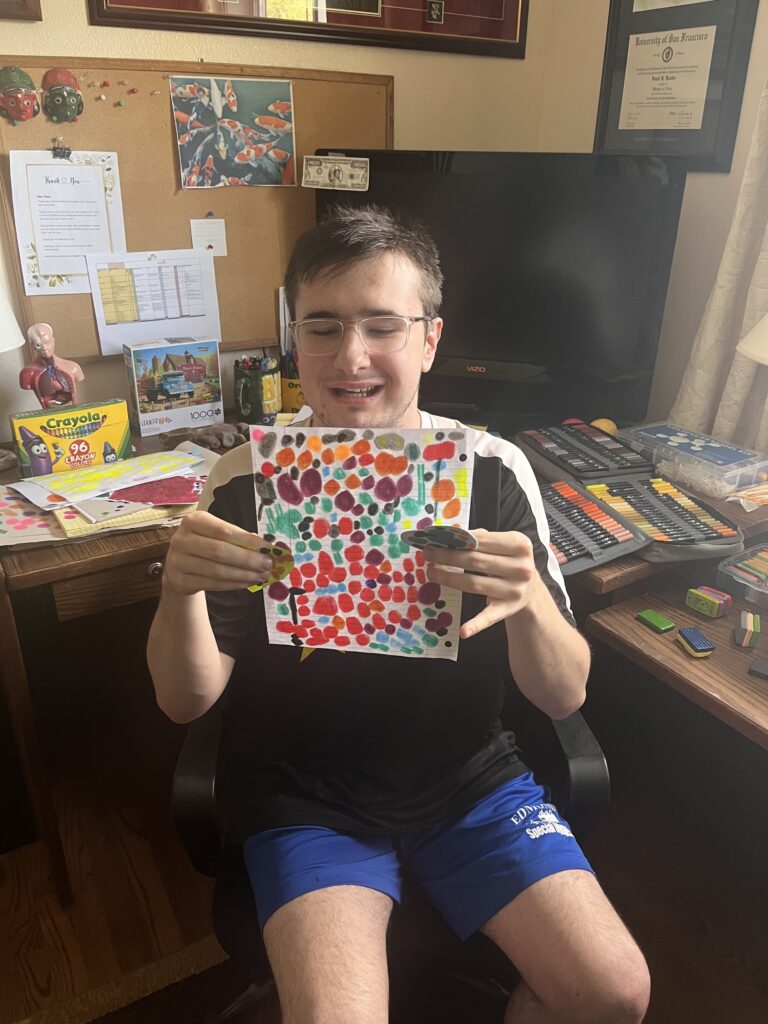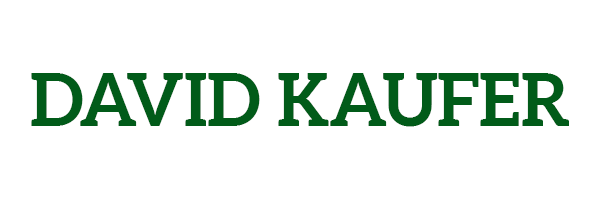I wasn’t always a risk-taker. In fact, for much of my early life, I gravitated toward safety, structure, and predictability. But sometime in my twenties, I came across a book that changed how I viewed risk entirely. I don’t even remember the title now, but its message hit me square in the chest: without risk, there is no growth. No discovery. No true aliveness.
That book planted a seed that grew quickly. Within a year, I had quit my job, packed up my bike, and flew to Europe, where I spent three months riding through foreign landscapes with no set itinerary. That trip opened me up in ways nothing else had. It became the first of many leaps—into entrepreneurship, into fatherhood, and eventually into advocacy.
And now, here Renee and I are parenting two sons—Stone and Ty—trying to instill that same mindset. Encouraging them to be bold, to trust their gut, and to take leaps even when the outcome isn’t guaranteed. It’s something I think every parent hopes to pass on. But with Stone, the path has looked very different.

Stone is autistic, non-speaking, and lives with apraxia—a motor planning disorder that makes initiation extremely difficult. Even when he knows exactly what he wants to say or do, his body doesn’t always cooperate. For years, we didn’t know how to help him access his voice. And even now, with the breakthroughs he’s made through Spelling to Communicate, the road toward independence is layered with challenges.
What the Dignity of Risk Really Means
That’s why the concept of Dignity of Risk resonates with me so deeply.
The Dignity of Risk is the belief that all people—including those with disabilities—deserve the right to take risks and make their own choices, even if those choices involve potential failure. It’s a radical kind of respect. And for non-speakers like Stone, it’s often denied under the guise of protection.
Renee and I have spent years learning how to support Stone without overprotecting him. That balance isn’t easy. When you’re parenting someone who depends on you to communicate basic needs, it can be tempting to overstep. To fill in the blanks. To preempt failure. But every time we do that, we send a message—even unintentionally—that we don’t trust them to try.
Stone has shown me, over and over, that he’s capable of more than we imagined. From volunteering to be a mentor to a younger non-speaker in his education program to initiating public conversations about his own intelligence, he’s stepping into his power in ways that challenge even my assumptions.
One area where we’re now exploring this further is through creative expression. Stone is a gifted artist. He sees color and patterns in a way that feels almost spiritual. For a long time, he created privately—his art was something sacred and personal. But lately, we’ve been talking about what it might look like to share his work more publicly. Not for approval or performance, but as an act of courage and communication. That, too, is a form of risk.
And for someone with apraxia, even the act of initiation is a risk.
That’s something most people don’t fully understand. Non-speakers are often caught in systems that emphasize compliance—from ABA therapy to traditional classrooms that reward “listening and following instructions.” But when a person is constantly prompted, directed, and rewarded only for responding rather than initiating, they lose something essential: their ability to act on their own. This prompt dependence becomes a hidden barrier to autonomy.
So part of our work now is helping Stone reclaim that power. We want him to feel not just allowed but encouraged to initiate. To create. To take the first step without waiting for someone to invite him to move.
The Dignity of Risk means letting our kids fall. Letting them speak for themselves. Letting them be seen.
It means pausing long enough to let their initiative emerge—even when it’s slow, even when it’s imperfect.
It means believing in their ability to grow through trial, not just through instruction.
And it means trusting that the very things that make us nervous as parents—uncertainty, failure, pain—are also the things that make life beautiful.
When I look back at the biggest moments of growth in my own life, none of them came from a carefully followed plan. They came from risk. From quitting. From starting over. From failing publicly and getting up anyway.
I want that for Ty. I want that for Stone. I want that for every non-speaking kid who has been underestimated.
Because real dignity doesn’t come from being protected.
It comes from being trusted.
The seed planted years ago on a bike in Europe has grown into something far more sacred: the belief that Stone—and every child like him—deserves the right to leap.
